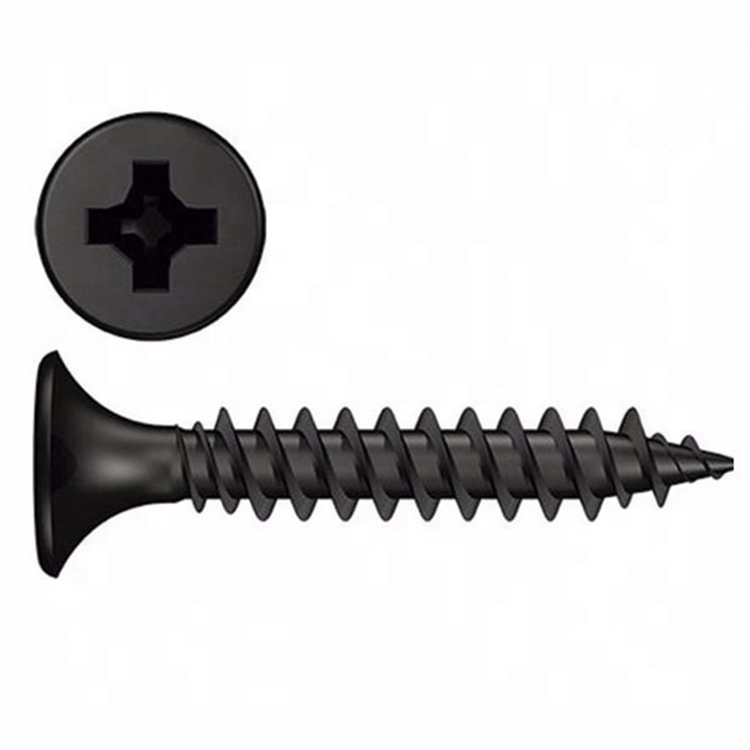steel bolts factories
Nov . 16, 2024 22:08 Back to list
steel bolts factories
The Rising Demand for Steel Bolts An Insight into Factories and Production
In modern manufacturing and construction, steel bolts play an indispensable role. These small yet mighty fasteners are essential for holding together a myriad of structures and machinery. As industries evolve and expand, the demand for high-quality steel bolts produced by specialized factories is on the rise. This article delves into the significance of steel bolt production, the manufacturing processes involved, and the challenges faced by factories in this sector.
Steel bolts are used in a diverse range of applications, from simple furniture assembly to complex aerospace engineering. Their strength, durability, and resistance to corrosion make them a preferred choice in environments where reliability is non-negotiable. Factories producing steel bolts are under constant pressure to meet increasing demands for various types and sizes of bolts, catering to both industrial and commercial sectors.
The Rising Demand for Steel Bolts An Insight into Factories and Production
Once the raw materials are procured, factories employ a range of processes to transform them into finished bolts. The manufacturing begins with forging or machining, where steel billets are heated to high temperatures and shaped into rough bolt forms. This stage is crucial, as it determines the mechanical properties of the bolts. After forging, the bolts undergo heat treatment to enhance their hardness and strength, ensuring they can withstand the stresses encountered in various applications.
steel bolts factories

Following heat treatment, the production process includes cold heading, where the rough shapes are struck into final forms using a series of die and punches. This process is energy-efficient and allows for the mass production of bolts with varied dimensions and specifications. After cold heading, the bolts are often threaded, which is essential for their function in fastening applications.
Quality control is an ongoing priority in steel bolt factories. Each batch of bolts is subjected to rigorous testing for tensile strength, corrosion resistance, and dimensional accuracy. This ensures that only bolts meeting the required industry standards reach consumers, thus minimizing the risk of structural failures and enhancing safety.
Despite the advancements in manufacturing technologies, steel bolt factories face several challenges. One of the most pressing issues is the fluctuation in raw material prices, which can greatly impact production costs. Additionally, the industry must navigate rising competition from manufacturers in developing countries that may offer lower prices but potentially compromise on quality. This necessitates an unwavering commitment to quality assurance and innovation within factories to maintain competitiveness.
Furthermore, the push towards sustainability is shaping the future of steel bolt manufacturing. Factories are increasingly adopting environmentally friendly practices, such as recycling scrap metal and reducing waste during the production process. This transition not only helps in conserving resources but also appeals to a growing consumer base that prioritizes sustainable products.
In conclusion, steel bolts are fundamental components in countless applications, making their production a crucial aspect of modern engineering and construction. Factories dedicated to manufacturing steel bolts must continuously adapt to technological advancements, market demands, and sustainability pressures to remain relevant. As the demand for durable and reliable fastening solutions continues to grow, the steel bolt manufacturing industry is poised for evolution, combining tradition with innovation to meet the challenges of the future.
Latest news
-
Premium Phosphated Drywall Screws Supplier | Durable, Rust-Resistant
NewsAug.27,2025
-
Reliable Wire Bolts Suppliers | Quality Zinc Plated Fasteners
NewsAug.26,2025
-
Wire Bolts Suppliers: Durable & Reliable Fasteners for Every Project
NewsAug.25,2025
-
Premium Cabinet Bolts Supplier | Wholesale & Custom Solutions
NewsAug.24,2025
-
Reliable Axle Nuts Supplier | Quality & Precision Fasteners
NewsAug.23,2025
-
Durable Bolts for Lawn Mower Handle - Top Supplier & Manufacturer
NewsAug.22,2025
